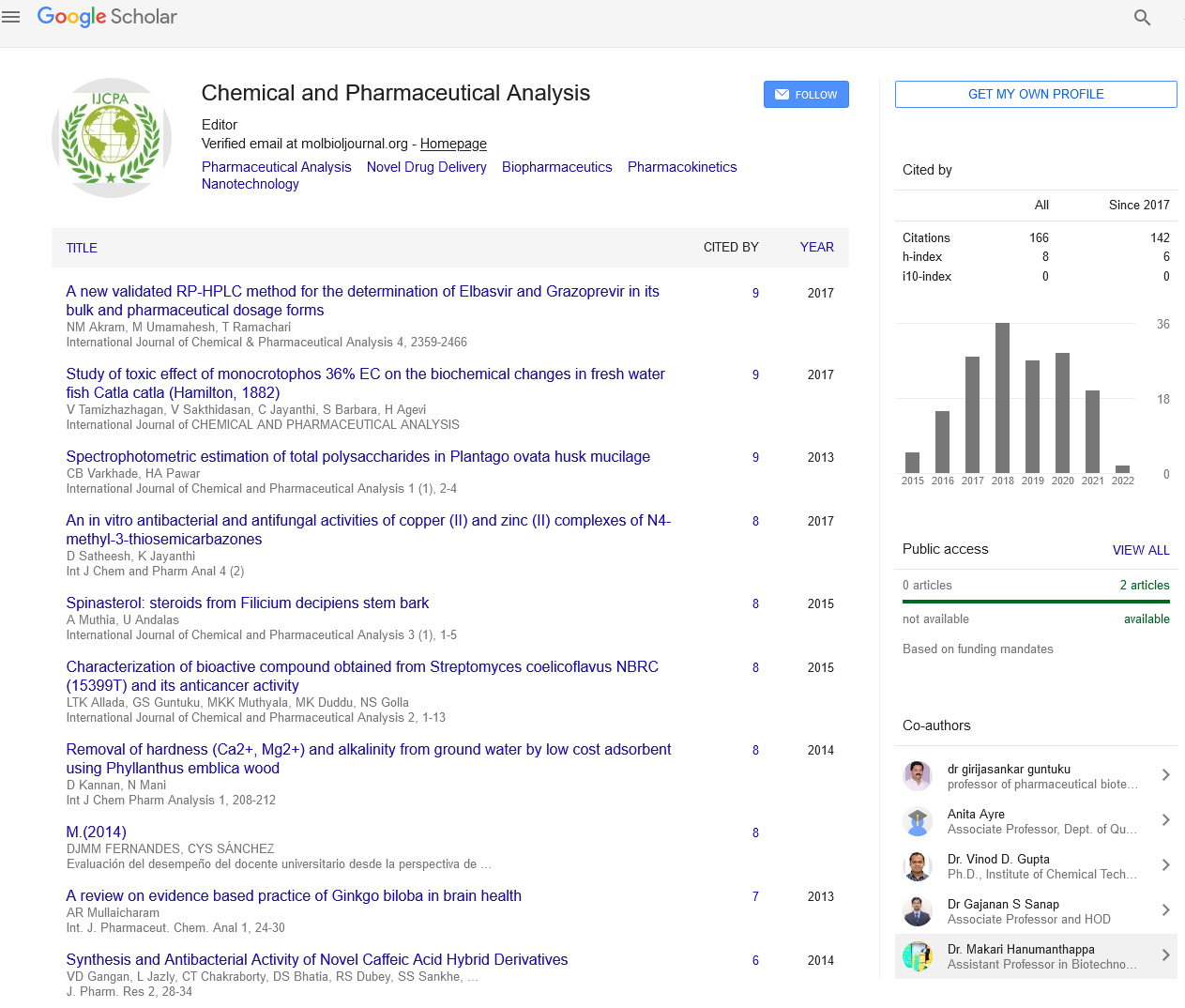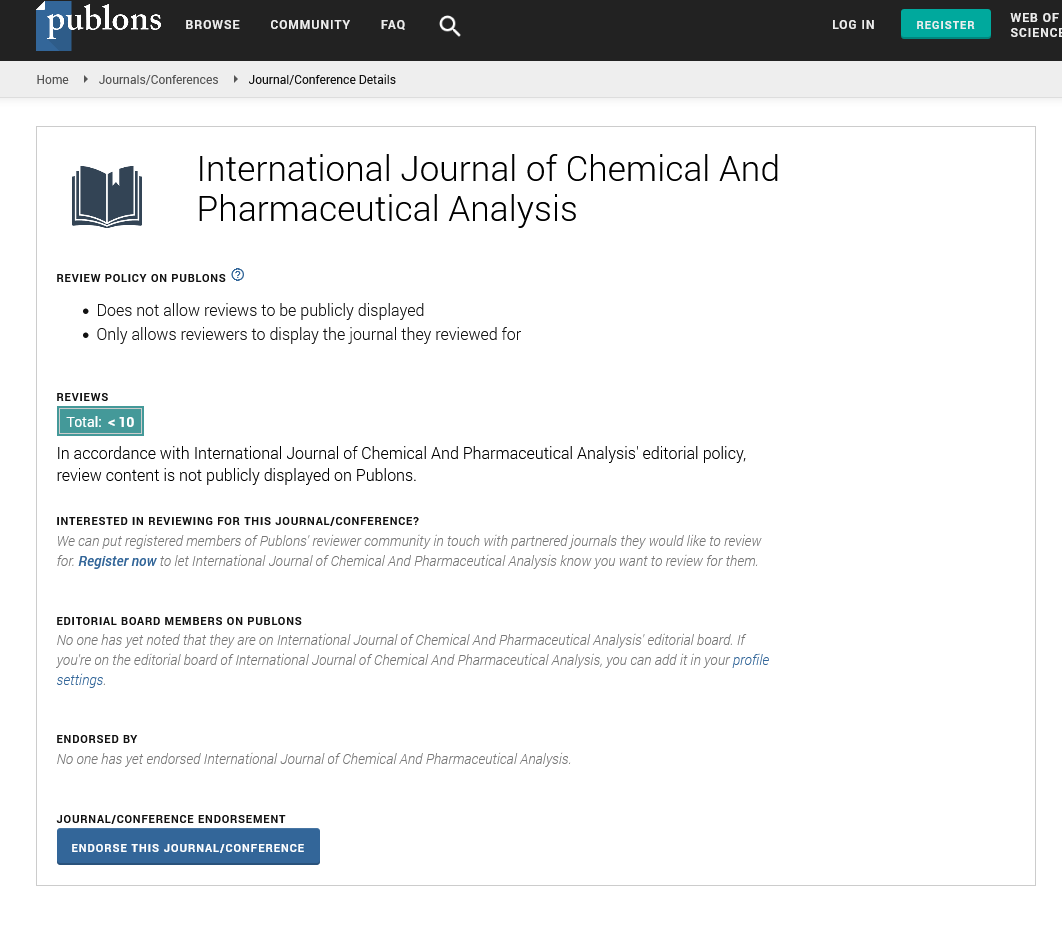Abstract
Author(s): Girish M.Deshmukh, Anjali V. Kurve
Due to rapid growth of population and massive urbanization, India faces troublesome problems related to organic solid waste management. This study aims at minimization of solid waste and production of energy from vegetable waste leachate. Household vegetable and fruit waste is collected in 1500 m3 compost tank having perforated mesh at the bottom for the provision of leachate collection. Leachate is raw material for anaerobic digestion process which will produce biogas. This study has been carried out in laboratory scale batch reactor of 1000 ml capacity. Digestion process is done in mesophilic temperature (35-380 C) range which is maintained throughout the digestion; pH range is in between 6.8-7.2, COD, BOD, VS, TS and TSS are monitored. Stirring is done for 6-8 hours in a day manually. Hydraulic retention time of is considered to be 30-45 days. Before anaerobic digestion started vegetable waste leachate has been mixed with cow dung in the proportion of 1% weight by volume to enhance the methane yield. Methane generation is found to be 45.38% which is noted as higher content on 29th day of digestion. % Reduction in COD, BOD, TSS and TS are 76.32%, 85.98%, 42.97% and 12.65% respectively. Vegetable waste is big source of leachate which is responsible for soil pollution. % Reduction in COD, BOD, TS, TSS and VS will help to enhance the quality of leachate as a fertilizer. Also, addition of cow dung with leachate helps the increase in methane generation rate and to reduce retention time.




